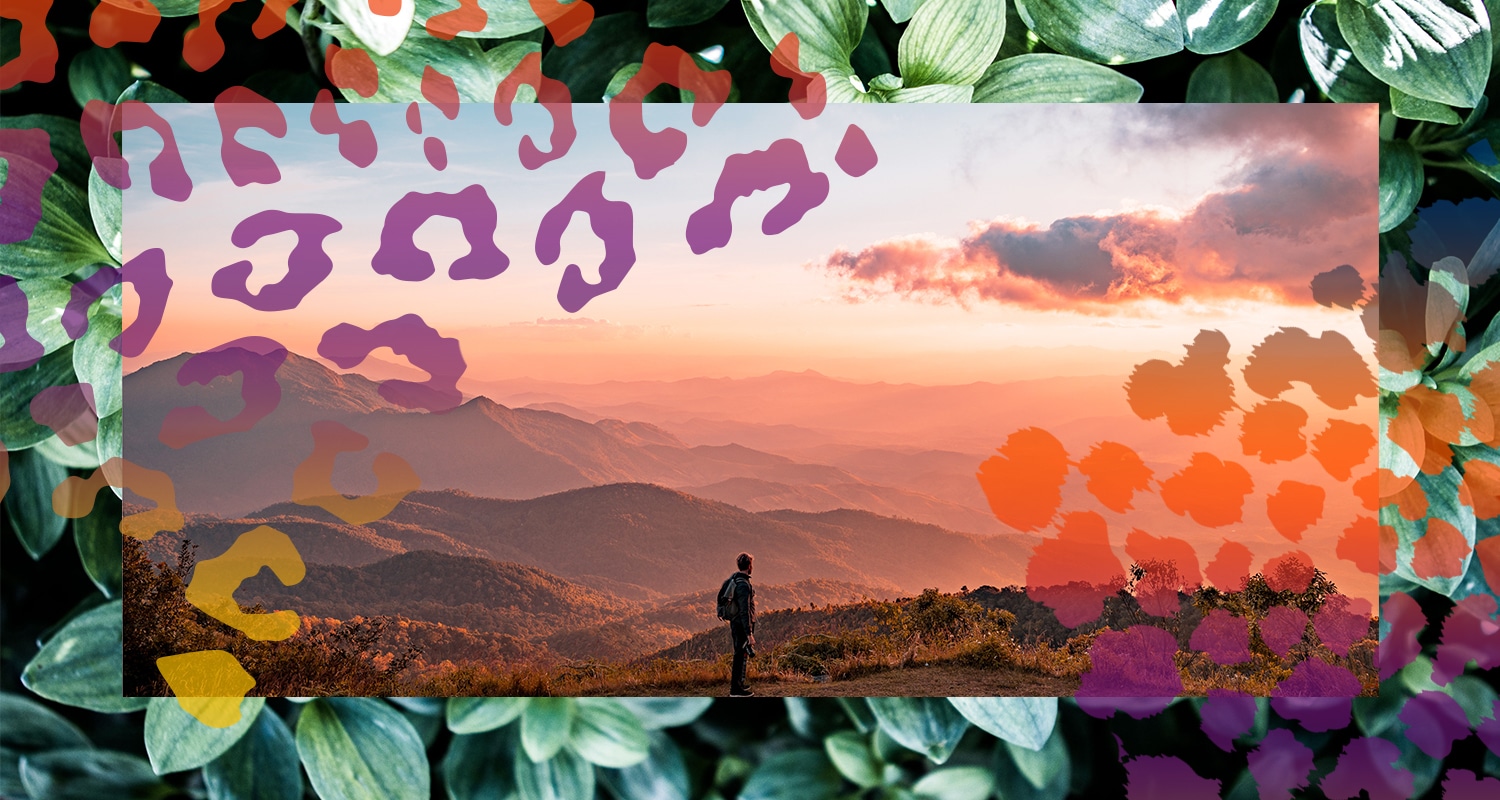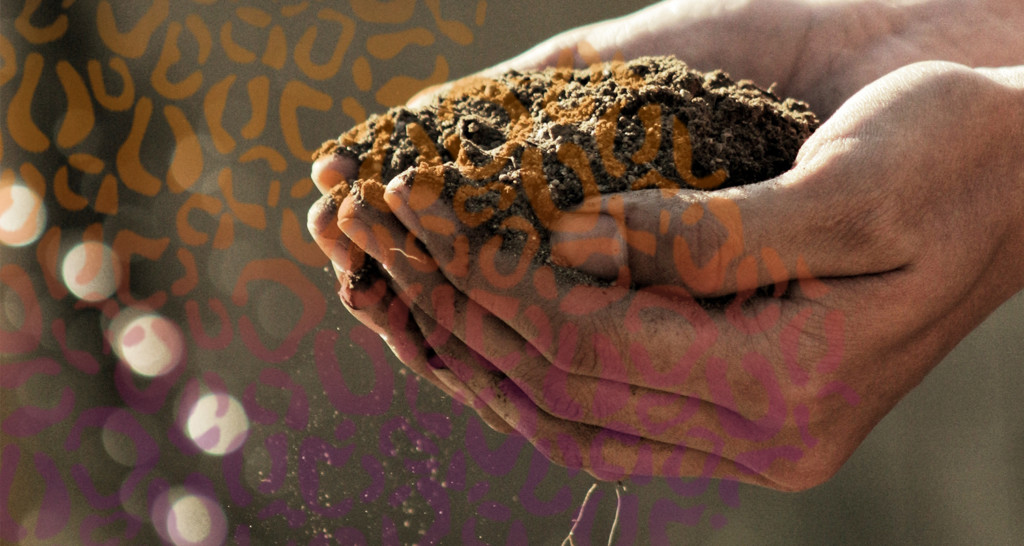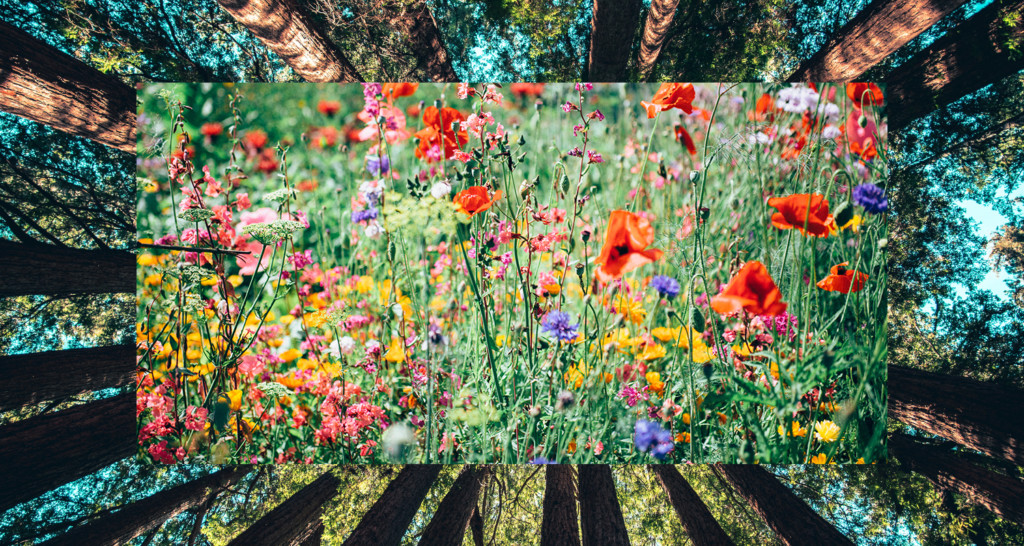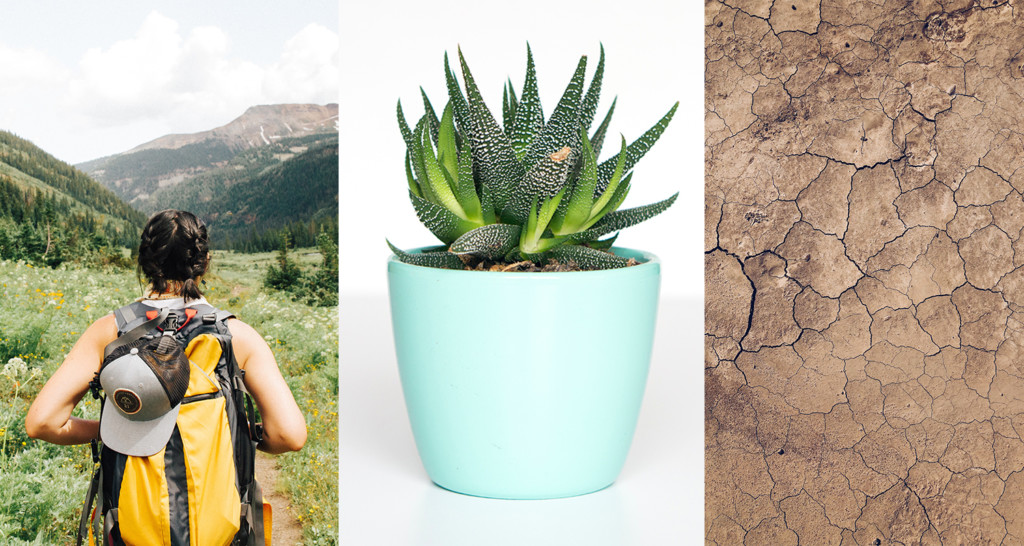
If you’re like a lot of people, your typical day looks something like this: You get up, get dressed, drive to work, sit in an office cubicle, drive home, make dinner, watch some TV, and go to bed. Maybe you fit a workout in at the gym. So what’s missing from this picture? It’s a sense of freedom, of being out in the wild and a deep connection to the natural world. That’s the way your ancestors lived, and the way some people still live in remote parts of the globe.
Now, it’s likely not realistic or even necessary for you to reject the modern world in favor of a totally wild existence. But there are ways to reawaken your innate wildness so you can become happier and more productive in your current domesticated life. The idea is to make your environment less like a farm and more like a zoo, and it’s one of the 46 science-backed “laws” for living in my new book “Game Changers: What Leaders, Innovators, and Thinkers Do to Win at Life”.
The advice in the book stems from my conversations on the Bulletproof Radio podcast with hundreds of trailblazers doing cutting-edge work in their chosen fields.
Read on for an exclusive excerpt from the book to discover how you can reconnect to the wildness in your DNA to be smarter, faster, and healthier.
And to celebrate the release of “Game Changers”, I’m giving away some of my favorite gadgets and services. Follow me on Instagram, Twitter, and Facebook for more info.
Law #41: Make Your Environment Less Like a Farm and More Like a Zoo
You live in a domesticated environment that is economically useful and efficient but devoid of the type of energy that can power you to new levels. Spend more time outdoors. See trees. Smell plants. Taste real food. Sweat in the sun. Shiver when it’s cold. Give your nervous system a taste of the environment it evolved in so you can reap the returns as your biology changes to increase your performance.
Daniel Vitalis is in love with the idea of human wildness –– as in free, sovereign, and undomesticated human life. His passion resides at the intersection of human-zoology and personal development. In other words, he is keenly focused on understanding how we can use the wisdom of our ancestors and the benefits of their natural environments to reinvigorate our wild nature while simultaneously thriving in today’s world. For two decades, he’s been developing and applying practices modeled on the lives of early humans to help people get in touch with their wild sides. Some of the things he does are a little nuts, but he is inspiring a lot of people maximize their performance in ways that are in line with mine.
Daniel uses the term “rewilding” to refer to the idea of restoring something to its natural, uncultivated state. It is the antonym of “domesticated,” which is derived from the same word as “domicile” – another word for house. In other words, domesticated means, “of the house,” and for thousands of years humans have been not only domesticating plants and domesticating animals, but we’ve also been domesticating ourselves. Along the way, we’ve created a domestic version of many naturally wild entities. The romaine lettuce we eat is a domesticated version of the wild lettuce, lactuca serriola. The dogs we have as pets are domesticated versions of wolves. And Daniel claims that humans today are not actually homo sapiens, but rather a domesticated subspecies that he calls, “homo sapien domestico fragilis.” Maybe a little over the top, but he’s got your attention.
How has domestication changed us? Daniel says we are less robust and more graceful physically than our wild ancestors. We’re leaner and thinner and smaller. We mate and breed in captivity. We eat a diet of domesticated food. As such, we are a domestic subspecies. Radical thinking.
This means that there is a “wild” form of humans – the indigenous people that still live in isolated pockets around the world. Daniel says that these wild humans are healthier, stronger, and fitter than the rest of us. But there aren’t many of them left. Daniel believes that we are on the brink of a monumental change for human history, which is the extinction of wild humans. When this happens, he says, we’ll lose the strength of our gene pool. This is why we must reawaken the wildness that’s still alive in our DNA with daily practices that kindle the fire in our wild roots.
This “rewilding” process entails taking a look at your lifestyle and asking yourself how you can reinstate some of the things that are natural to our species. Daniel says to imagine pulling a chimpanzee out of the jungle and bringing him home to live in North America. Is your interest in keeping that animal healthy so it can live a long and productive life? If so, you would set up a habitat for the chimp that resembled its natural setting as much as possible instead of sticking it in an apartment, handing it a remote, and feeding it processed foods.
But the latter is exactly what we are doing to ourselves, so much so that Daniel believes we are halting our own evolution and harming our DNA for future generations. He suggests that there is a direct link between this degeneration of our genetic code and the increase in modern illnesses like cancer, heart disease, and diabetes, tooth decay, and bone decay. We’re coming unglued.
Right now, Daniel says that we are living in a human factory farm. The purpose of a farm is not to promote the animals’ health, happiness, wellbeing, and longevity. It’s about getting maximum productivity at any expense with the goal of ending that animal’s life shortly. We’re born in captivity. We’re snipped and cut right at birth. We’re traumatized. We’re indoctrinated. We’re brainwashed. Then we produce products, services, and taxation money nonstop until we die prematurely. That’s a factory farm for humans. It’s a dark interpretation of our lives for sure, and it ignores the benefits of civilization. But this perspective does offer us some useful insights when it comes to maximizing human performance.
Daniel believes we can instead create a human zoo – a place that promotes an animal’s maximum health, the expression of its wild behavior, and the preservation of its genetics so that the animal can live a long life. To live in a zoo, you must recreate a habitat and diet that’s as similar to the wild version as possible, even though it’s only going to be an approximation. That exactly meets the definition of biohacking – changing the environment around you so you have full control of your own biology.
Daniel isn’t suggesting you need to go off the grid completely and start living in the woods. Instead, ask yourself: if you were going to bring a wild human into your house, how would you prepare? What would you have available for him or her to eat? What kinds of activities would you plan? Then, consider how you could take advantage of the same changes to set up your life so that it’s more of a zoo and less of a farm.
Of course, Daniel has faced a lot of criticism. He suggests that this is because the idea of wildness is taboo in a “civilized” society. In order to maintain our civilization, we have programmed ourselves to believe that there is something scary, unorganized, and inherently “other” about wildness, and that if we get in touch with that part of us, it will erode all of the progress we’ve made. We’ll become barbaric again. But Daniel reminds us that the word “barbaric” comes from the root word “barber.” It simply means to have long hair.
Not only is wildness normal, it is healthy. We’ve seen how every step we’ve taken away from nature has led to a breakdown in our health, whether it’s a result of sitting too much, not getting enough nutrients from plants and healthy animals, or the back-breaking labor of farming at the beginning of the Neolithic Revolution.
We are healthier in our wild environment. Before humans lived indoors they had constant access to fresh air and didn’t have deal with things like dust, which is dead skin that we now breathe in all day long in addition to the chlorofluorocarbons that air conditioning and refrigeration have been releasing into the air since the 1930s and all of the toxins in our factory-produced carpeting and furniture.
We’re never going to go back to being completely wild, but Daniel and others recommend a few simple actions that can help awaken the wildness in your genes – all of which mirror the advice throughout this book: reduce your toxic load, improve the quality of your diet, get increased exposure to fresh air, sunlight, soil, and clean water. Basically, begin the rewilding process by immersing yourself in a natural environment when you can get outside and changing your environment inside to be more natural.
Action Items:
* Get indoor plants. (Be sure to get organic plants without pesticide on them, and to control for mold growth in the soil. I use Homebiotic spray, which contains natural soil bacteria that combat indoor fungus.)
* Go for a hike in nature every time you travel.
* List three ways you can make your environment more like a zoo than a farm
o _______________
o ______________
o ______________
Recommended Listening:
* Daniel Vitalis: ReWild Yourself – Bulletproof Radio Episode #141
* Eat Dirt: The Secret to a Healthy Microbiome: Zach Bush – Bulletproof Radio Episode #458
Learn more about Game Changers here.














